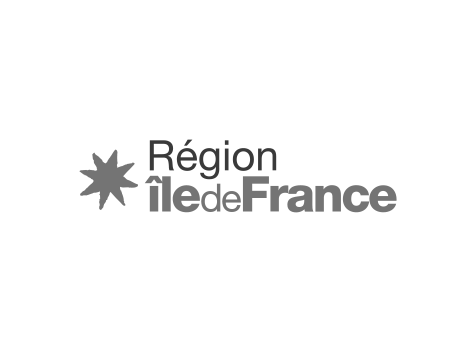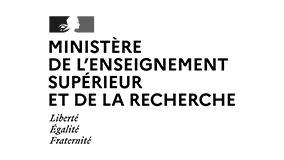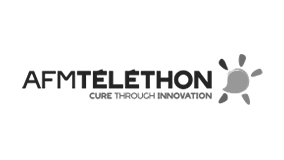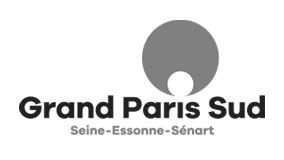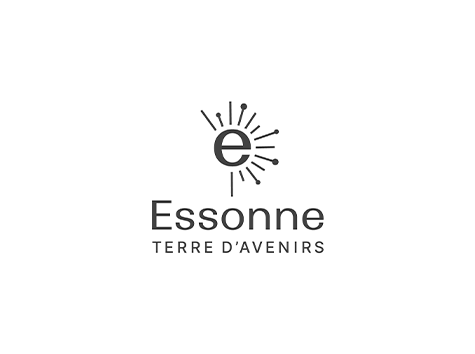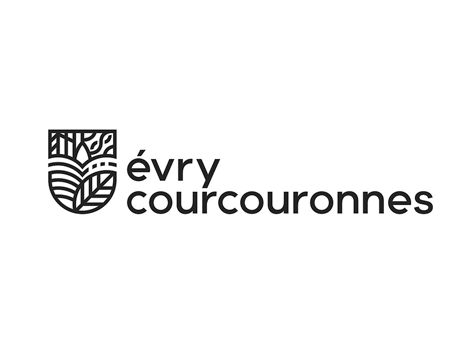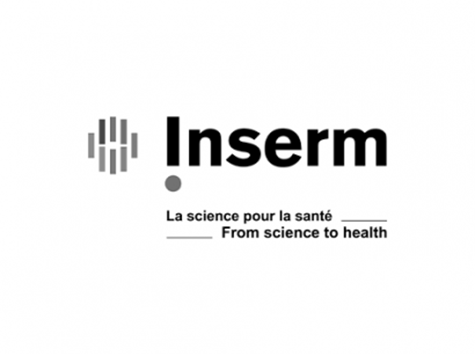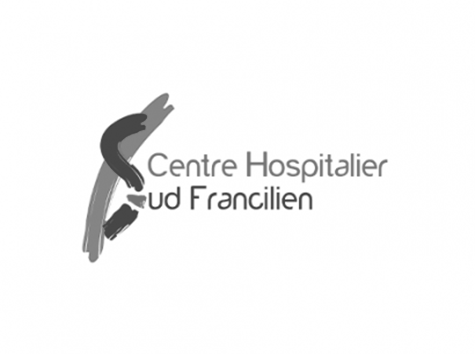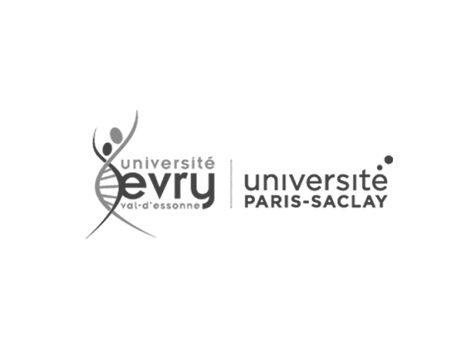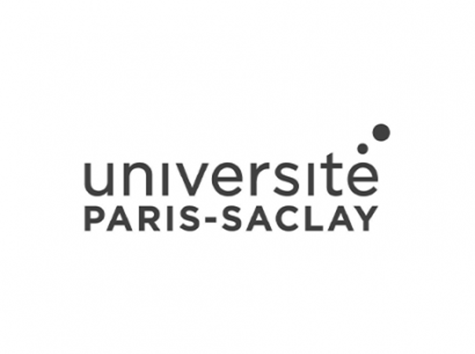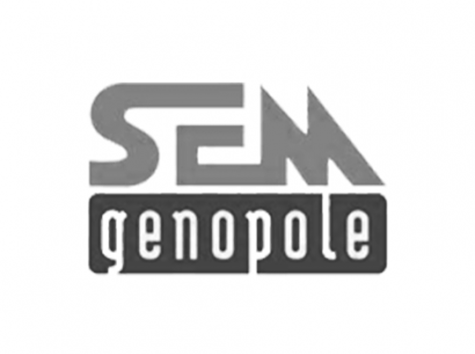Le Genoscope-CEA organizes a research seminar on the theme :
“Viral impact in the marine world: from single cells to planktonic ecosystems”
Speaker : Flora Vincent, Weizmann Institute of Science – Israel
Invited by : Eric Pelletier, Genomics researcher –
(Genoscope-CEA)
The seminar will take the form of a webinar in English. Login information will be provided the day before the event.
Abstract :
Marine viruses are the most abundant entity in the ocean but
their impact on microbial dynamics and nutrient fluxes remains unresolved.
By assessing active viral infection in single cells of the blooming alga
Emiliania huxleyi, we revisit its giant virus life cycle showing cells
can produce virions without lysing, and lyse without producing virions.
Enrichment of infected cells in potential sinking cell aggregates
suggests a host defense strategy. We further explore the impact of E.
huxleyi blooms on microbial communities and biogeochemical processes
during a large-scale experiment.
With only 25% of the cells infected in a natural bloom, giant virus
infection can modulate the ratio between prokaryotic and eukaryotic
recyclers of organic matter. Our results expand marine microbiology’s
foundational concepts of the microbial loop and viral shunt.






